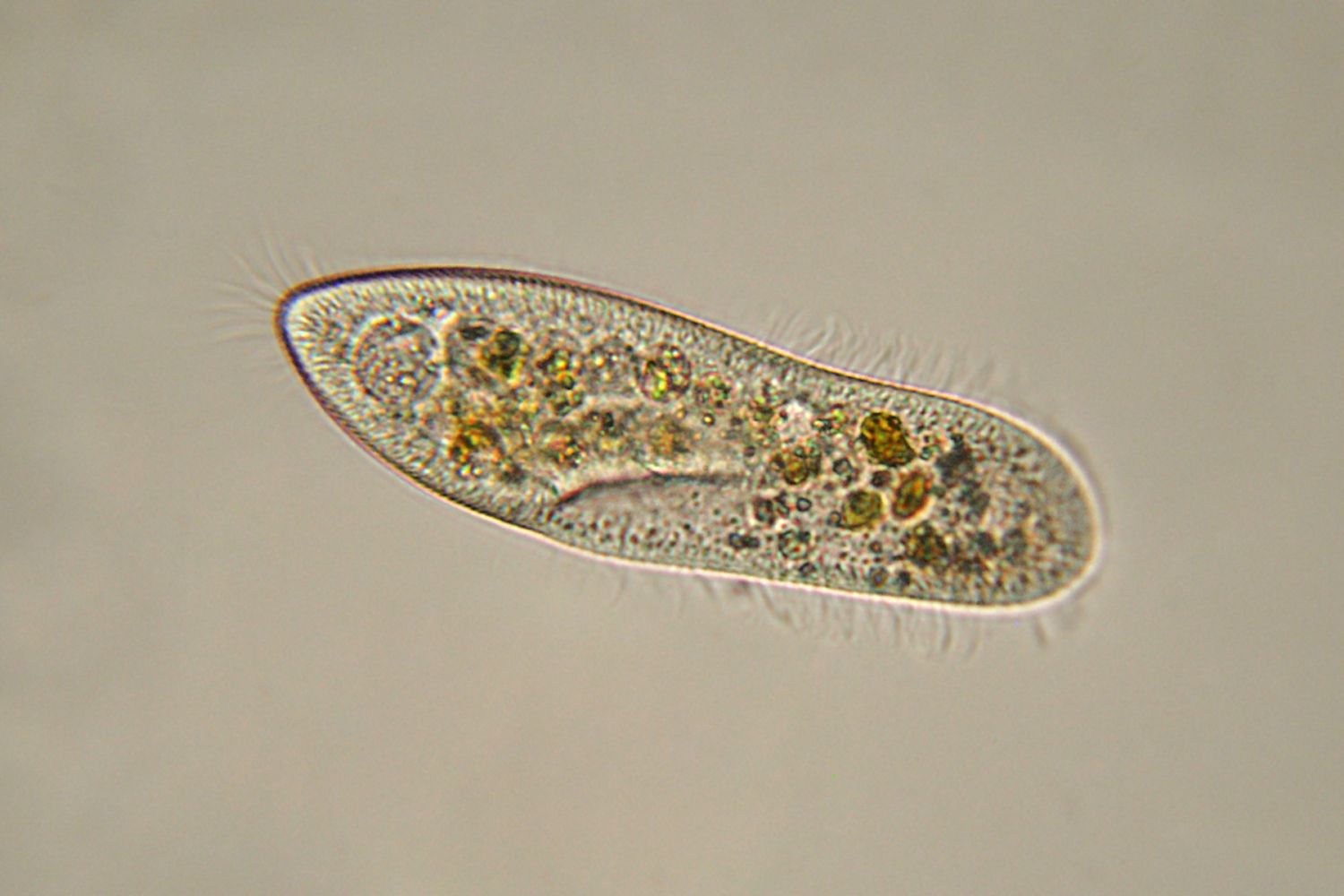
Protists, often referred to as the “odds and ends” of the microbial world, are a fascinating group of organisms that often go unnoticed. They are single-celled eukaryotes that can be found in various habitats, ranging from freshwater ponds to the deepest parts of the ocean. Despite their small size, protists play a crucial role in ecosystems and have diverse biological characteristics.
In this article, we will delve into the world of protists and uncover five interesting facts about these tiny organisms. From their intricate cell structures to their unique modes of locomotion, protists are truly remarkable in their own right. So, let’s embark on this journey of discovery and unravel the mysteries of the protist kingdom.
Key Takeaways:
- Protists are incredibly diverse, with over 200,000 known species, and play crucial roles in ecosystems as food sources and oxygen producers. They have unique reproductive strategies and evolutionary adaptations, making them fascinating organisms to study.
- While most protists are harmless, some can cause diseases like malaria. Understanding their biology is crucial for developing effective treatments. Their incredible diversity and significance in ecosystems make them a fascinating subject for research and appreciation.
Protists are a diverse group of organisms.
Protists are incredibly diverse and encompass a wide range of microorganisms, including algae, protozoa, and slime molds. These single-celled or multicellular eukaryotes can be found in various aquatic environments, such as freshwater lakes, oceans, and even damp soil. With over 200,000 known species, protists exhibit an impressive array of shapes, sizes, and lifestyles.
Protists play crucial roles in ecosystems.
Despite their small size, protists have significant ecological impact. They form the base of many food chains, serving as a primary food source for other organisms. Additionally, some protists, like algae, are primary producers that perform photosynthesis, contributing to the oxygen production and carbon fixation in the environment.
Protists have unique reproductive strategies.
Protists employ a variety of reproductive strategies, including asexual reproduction, sexual reproduction, and even complex life cycles involving multiple stages. Many protists can reproduce rapidly, allowing them to adapt quickly to changing environmental conditions.
Some protists can cause harmful effects.
While most protists are harmless, some species can be pathogenic and cause diseases in humans, animals, and plants. For example, Plasmodium, a protist responsible for malaria, affects millions of people worldwide. Understanding the biology and behavior of these harmful protists is crucial for developing effective treatments and prevention strategies.
Protists exhibit incredible evolutionary adaptations.
Protists have evolved a wide range of adaptations that allow them to survive and thrive in diverse environments. Some protists have developed intricate structures for movement, such as flagella, cilia, or pseudopods. Others have evolved various mechanisms for obtaining nutrients, including photosynthesis, phagocytosis, and absorption.
Conclusion
In conclusion, protists are a fascinating group of organisms that play a crucial role in our ecosystems. Despite being diverse and complex, they often go unnoticed due to their microscopic size. Nonetheless, protists have a significant impact on various ecological processes, such as nutrient cycling and symbiotic relationships.
Understanding the unique characteristics and functions of protists can help us appreciate the rich biodiversity present in our world. From the photosynthetic prowess of diatoms to the predatory nature of amoebas, each type of protist contributes to the delicate balance of life on Earth.
So, the next time you scoop up a handful of pond water or explore the depths of a coral reef, remember that there is much more than meets the eye. Protists are an essential part of the intricate web of life, and their existence adds another layer of wonder to our natural world.
FAQs
Q: What are protists?
A: Protists are a diverse group of eukaryotic microorganisms that encompass a wide range of single-celled and multicellular organisms. They are not plants, animals, or fungi but have characteristics of each of these groups.
Q: Where can protists be found?
A: Protists can be found in various habitats, including freshwater ponds, oceans, moist soil, and even within the bodies of other organisms. They thrive in environments where there is sufficient moisture and a source of nutrients.
Q: How do protists obtain nutrition?
A: Protists can exhibit a variety of feeding mechanisms. Some protists are photosynthetic and produce their own food through photosynthesis, similar to plants. Others are heterotrophic and obtain nutrients by consuming organic matter or preying on other organisms.
Q: Are protists harmful to humans?
A: While most protists are harmless, some can cause diseases in humans. Examples include the protists responsible for malaria, amoebic dysentery, and African sleeping sickness. However, it’s important to note that such pathogenic protists are the exception rather than the norm.
Q: What is the ecological importance of protists?
A: Protists play crucial roles in ecosystems. They serve as primary producers, forming the base of food chains, and contribute to the cycling of nutrients. Additionally, protists are involved in symbiotic associations with other organisms, such as corals and lichens.
Was this page helpful?
Our commitment to delivering trustworthy and engaging content is at the heart of what we do. Each fact on our site is contributed by real users like you, bringing a wealth of diverse insights and information. To ensure the highest standards of accuracy and reliability, our dedicated editors meticulously review each submission. This process guarantees that the facts we share are not only fascinating but also credible. Trust in our commitment to quality and authenticity as you explore and learn with us.
